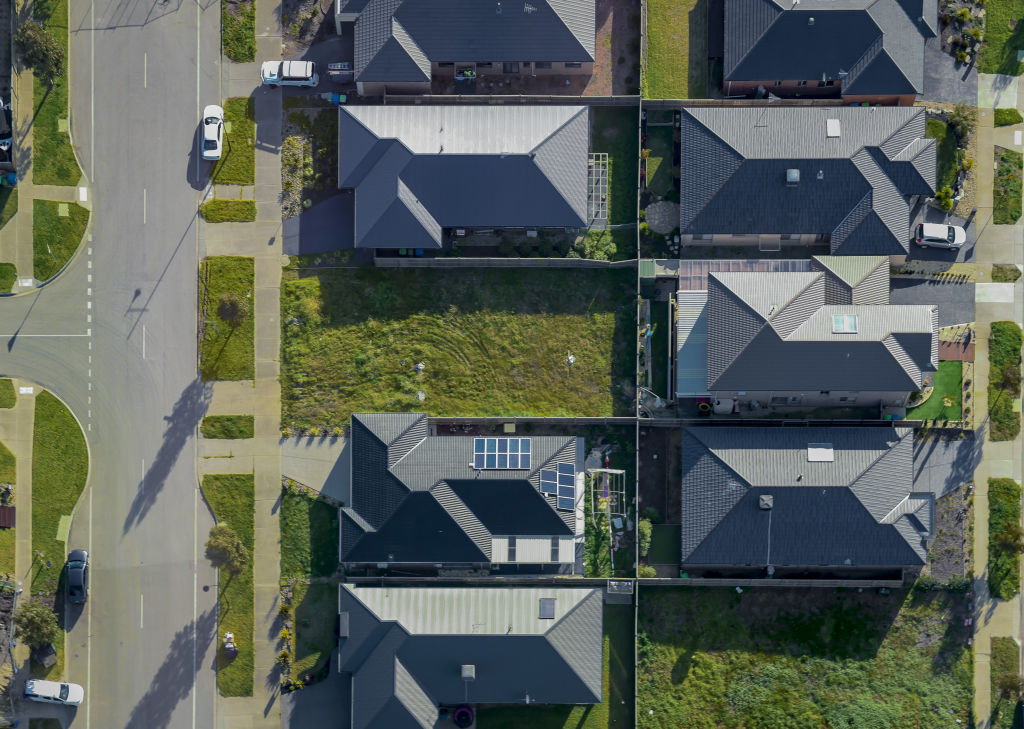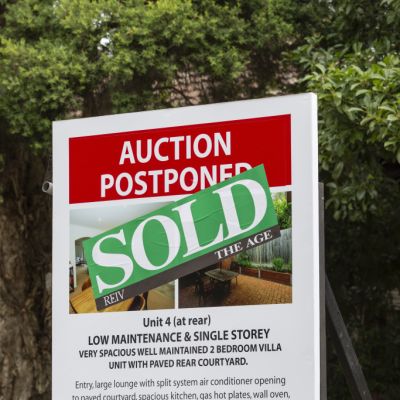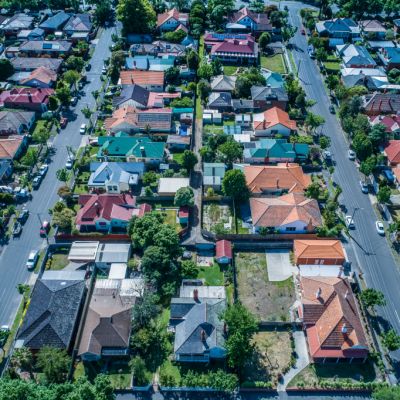Job losses continue to increase, signalling a hit to house prices

Australian jobs have taken a 7.5 per cent hit since the first coronavirus shutdowns began, new data has shown, pointing to low consumer confidence and falling property prices, according to experts.
People aged 20 and under, and 70 and over, had the highest percentages of job loss between March 14 and April 18, with 18.5 and 13.9 per cent respectively reporting job losses, Australian Bureau of Statistics data released on Tuesday showed.
Twenty-somethings saw the next largest percentage of job losses at 10.3 per cent and those aged between 30 and 69 saw smaller drops in employment – between 4.1 and 5.5 per cent.
Domain economist Trent Wiltshire said while the age brackets where people were most likely to buy a house – typically middle-aged – had a less dramatic rate of job losses than the older and younger cohort, the numbers were still significant.
“A 5 per cent fall in jobs is kind of a doubling of the unemployment rate among those people, which is the worst recession we’ve had for at least 30 years,” Mr Wiltshire said.
“Yes, they’re less affected, so they’ll probably be more likely on the rebound to be more active in the housing market, but it’s a big rise in unemployment and it’s not finished yet.”
The data showed that in the week to April 18, 1.5 per cent of people had lost their jobs, compared with 0.3 per cent the week before.
The hardest hit industries overall were accommodation and food services and arts and recreation, with 33.4 and 27 per cent of jobs lost respectively since mid-March. Every industry surveyed by the ABS reported some job losses, including healthcare and other essential services such as electricity, gas, water and waste services.
Mr Wiltshire said not only had people lost their jobs, but some were becoming underemployed. Among 40 to 49-year-olds, 4.2 per cent had lost their jobs, but 8.2 per cent saw a change in their wages.
It was similar with those in their 30s and 50s, where more people had seen a reduction in wages than had actually lost their jobs.
Mr Wiltshire said those in these age groups were more likely to be in salaried jobs with enterprise bargaining and individual agreements, making it easier for their wages to be cut.
“Compared to younger people who are more likely to be on award wages or be casuals where it’s not as easy to cut wages,” he said.
He said specific industries were also seeing wages drop at a higher rate than job losses, meaning that while people might still have their jobs, their certainty about the economy was likely to be low.
“If you look at financial and insurance services, job losses over that month are just over 1 per cent, but the wages drop-off is just over 10 per cent,” he said.
“If people have lost a day of work a week, that’s going to certainly limit their ability to pay off their mortgage or buy a new home.”
St George economics chief economist Besa Deda said while house prices still rose across Australian capital cities in April, the full effect of job and wage losses had not been felt in the housing market.
“It’s still too early and the falls will come as the months go by, as the stress builds up in households, incomes become under pressure and unemployment starts to rise,” Ms Deda said.
She said she predicted the upcoming April Labour Force data – due to be released mid-May – would show the unemployment rate increase to 8.3 per cent from its March rate of 5.2 per cent.
“It does suggest that housing demand will weaken and we will see falls in house prices,” Ms Deda said.
“But as we’ve seen in previous downturns, the annual average house price decline can be quite small.”
During the early 1990s recession, unemployment rose to just over 10 per cent, but house prices across Australia’s capital cities only fell by about 6 per cent.
Economists have predicted anywhere between a 10 and 20 per cent decline in house prices as a result of COVID-19 depending on how long the lockdown lasts, and how the economy recovers once it reopens.
“The economic outlook has improved over the past few weeks with our success in controlling COVID-19, but it’s still going to be tough times for many months ahead,” Mr Wiltshire said.
He said even those in stable employment could see job losses in the future, depending on whether there was a recurrence of the virus once restrictions were eased.
Ms Deda said she expected people would continue social distancing long after the economy opened back up, and that in turn would change business models.
“Some businesses are going to go belly-up despite the wages stimulus from the government and the RBA and the banking industry,” she said.
“The reality is if people feel nervous about their jobs, it’s not conducive to making a big purchase like a home.”
We recommend
We thought you might like
States
Capital Cities
Capital Cities - Rentals
Popular Areas
Allhomes
More










